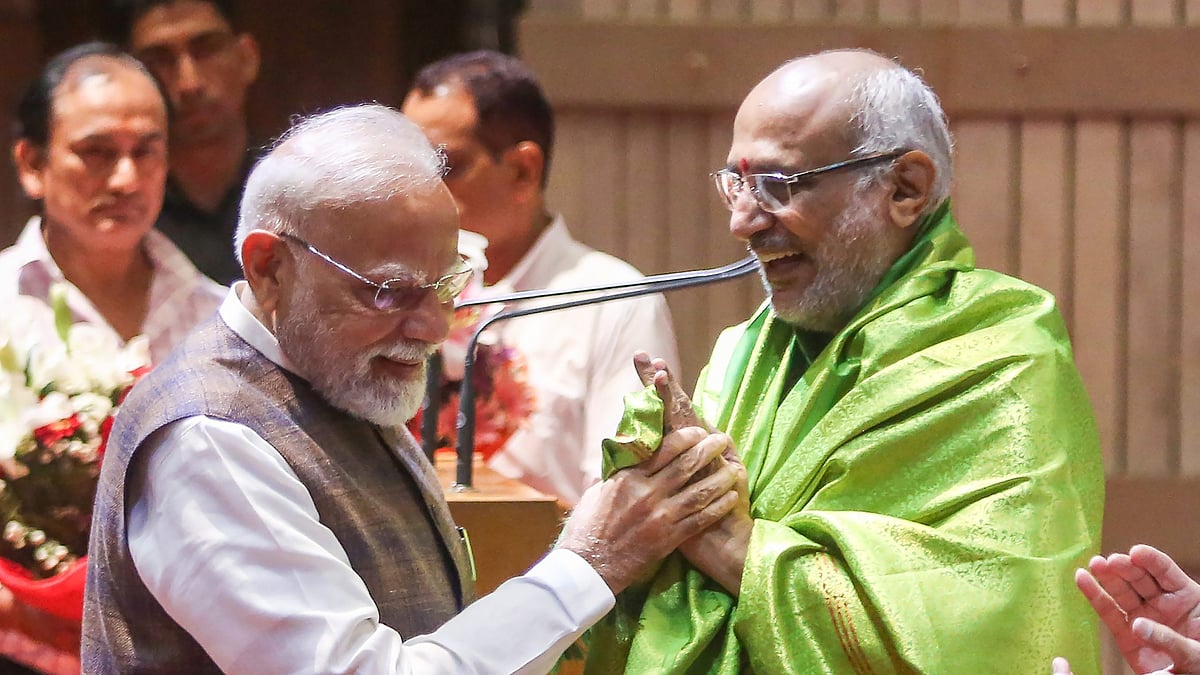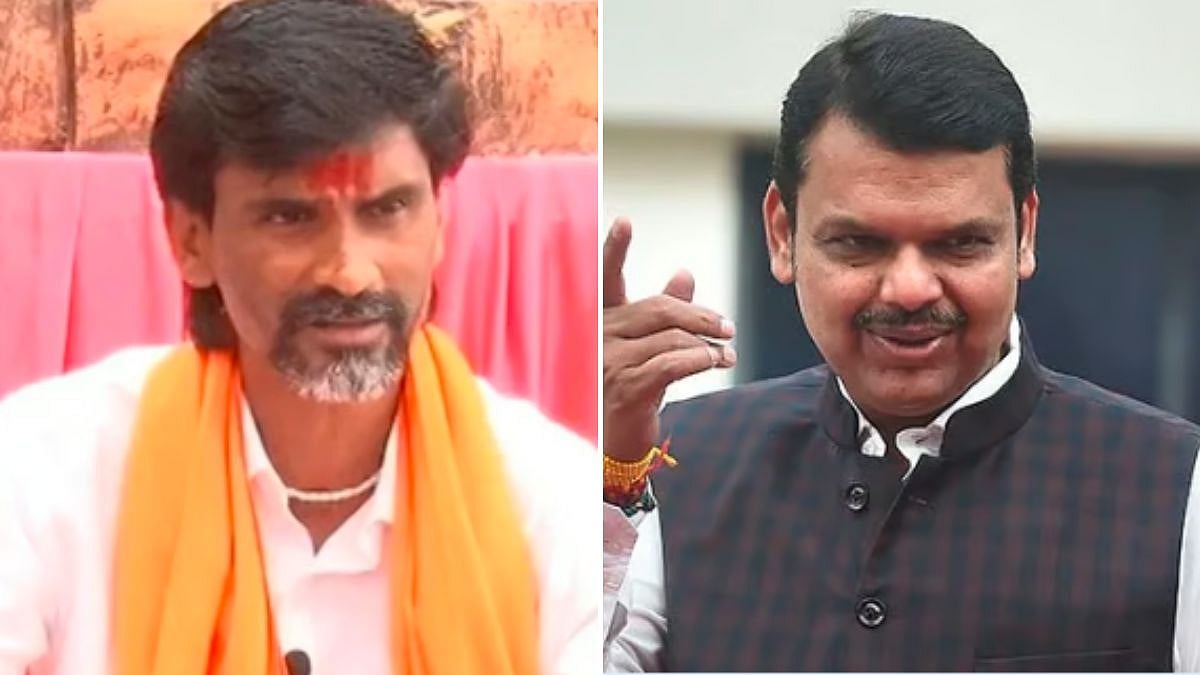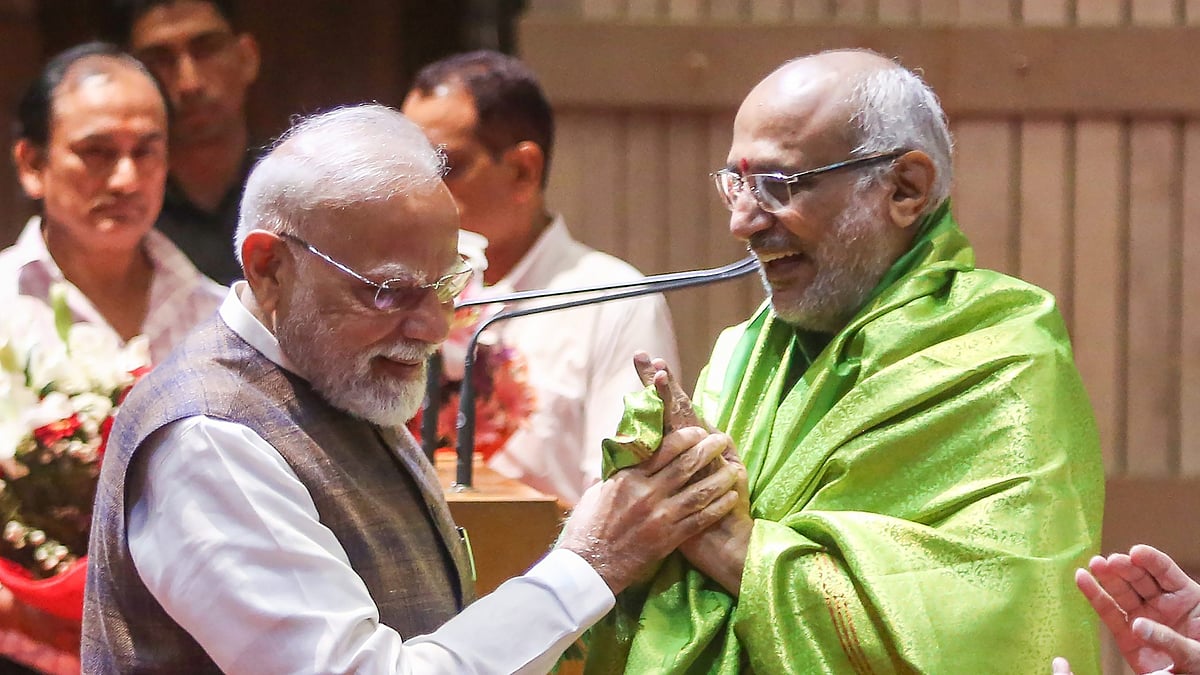The election of CP Radhakrishnan as the 15th Vice-President of India was never in doubt. The National Democratic Alliance (NDA), led by the Bharatiya Janata Party, commands an overwhelming majority in the electoral college, which consists of all members of both Houses of Parliament. What raised eyebrows was the fact that of the 315 opposition MPs who voted, only 300 cast their ballot for their nominee, former Supreme Court judge Justice Sudershan Reddy. The inference is inescapable: Radhakrishnan managed to win over 15 votes from the opposition camp. That is not entirely surprising. A veteran leader, Radhakrishnan has weathered the rough and tumble of Tamil Nadu’s peculiar political landscape to win election to the Lok Sabha twice. He has also served in gubernatorial roles, including in Mumbai, and is no stranger to Delhi’s corridors of power. Over the years, he has cultivated friendships across party lines, which may well explain the support he quietly attracted beyond the NDA.
The Constitution accords limited powers to the Vice-President. His primary constitutional duty is to step in as president in the event of a vacancy. But in practice, his far greater responsibility is to preside over the Rajya Sabha as its Chairman. In that role, he is expected to ensure that debates are conducted fairly, that members across the political spectrum are given time to speak within the constraints of parliamentary schedules, and that the dignity of the Upper House is preserved. Parliamentary tradition demands that once a leader assumes the high office of president or vice-president, he rises above party loyalties. The authority of these offices stems not from partisan roots but from their fidelity to the Constitution and the rules framed under it. His only loyalty should be to the Constitution, not to any political formation.

India has been fortunate to have vice-presidents like Dr S Radhakrishnan, Dr Zakir Hussain, and Dr K. Narayanan, who later rose to the presidency. They set high standards of neutrality and intellectual integrity. Unfortunately, the same cannot be said of Radhakrishnan’s immediate predecessor, whose partiality towards the ruling party in conducting Rajya Sabha proceedings was visible even to casual viewers of Rajya Sabha TV. His tenure ended abruptly and unceremoniously, leaving little regret in either camp. That episode offers a cautionary tale. If the vice-president seeks to curry favour with the ruling party, he risks undermining his credibility. If he distances himself from both the government and the opposition, and acts only as the custodian of parliamentary fairness, he will earn lasting respect. CP, as he is called, now carries that responsibility. His success will not be measured by loyalty to the BJP but by his ability to act as an impartial guardian of the Rajya Sabha.






